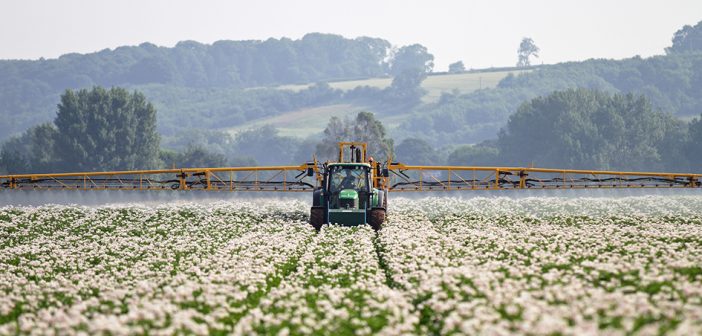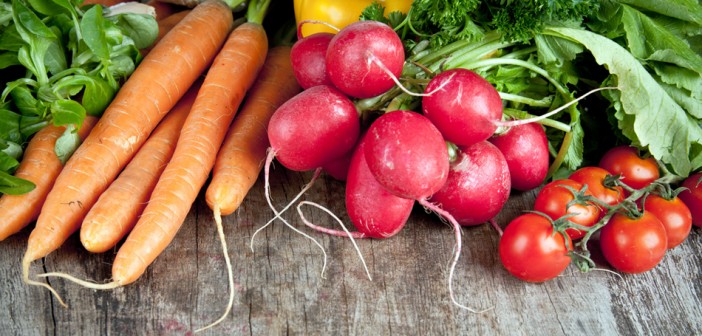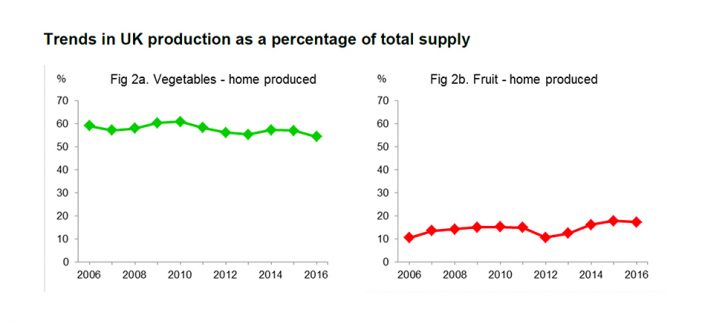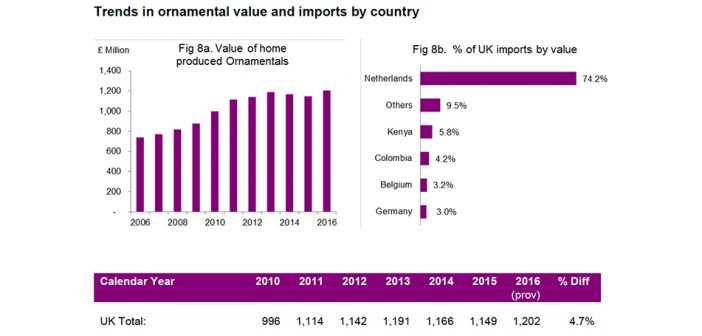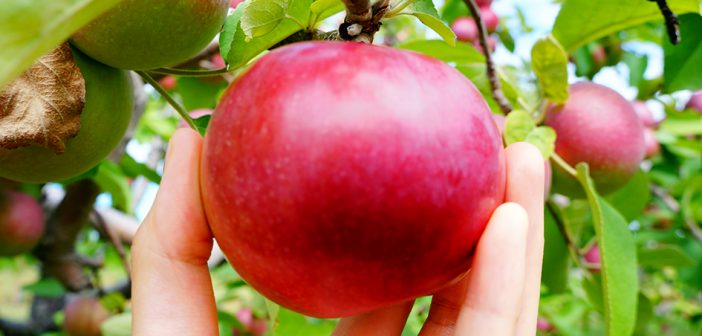Family owned fresh produce wholesaler Tomson (Buxton) Ltd has been awarded a grant of £16,724 of Peak LEADER Rural Grant funding in order to expand one of its warehouses.
The firm was established 30 years ago when former PE teacher Deb Thompson and her husband opened a small grocery shop. Today the company employs 31 staff across three warehouses and buys food from growers across the UK, which is supplied to schools, business, hotels and restaurants in the Peak District and further afield.
Ms Thompson said, “We’ve wanted to extend one of our warehouses for a while but it’s a big project that would cost a lot of money so I’m really pleased we heard about these grants to help us. Within the extension is a second loading bay so we can send and receive deliveries at the same time and we have more space to move stock around. We’ve also been able to take on two new members of staff as a result and we’re looking to employ one more.”
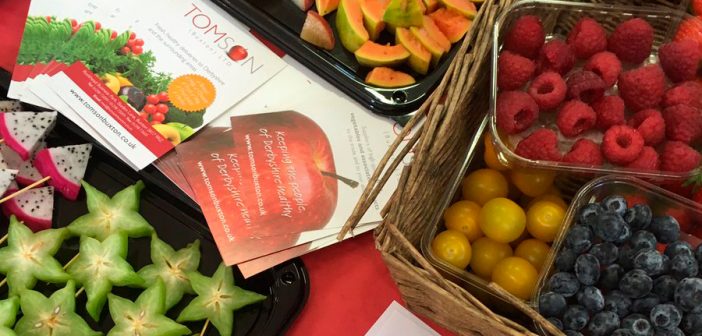
Photo Credit: Tomson (Buxton) Ltd
The post Buxton wholesaler given grant to expand appeared first on Hort News on 5 Oct. 2017.

